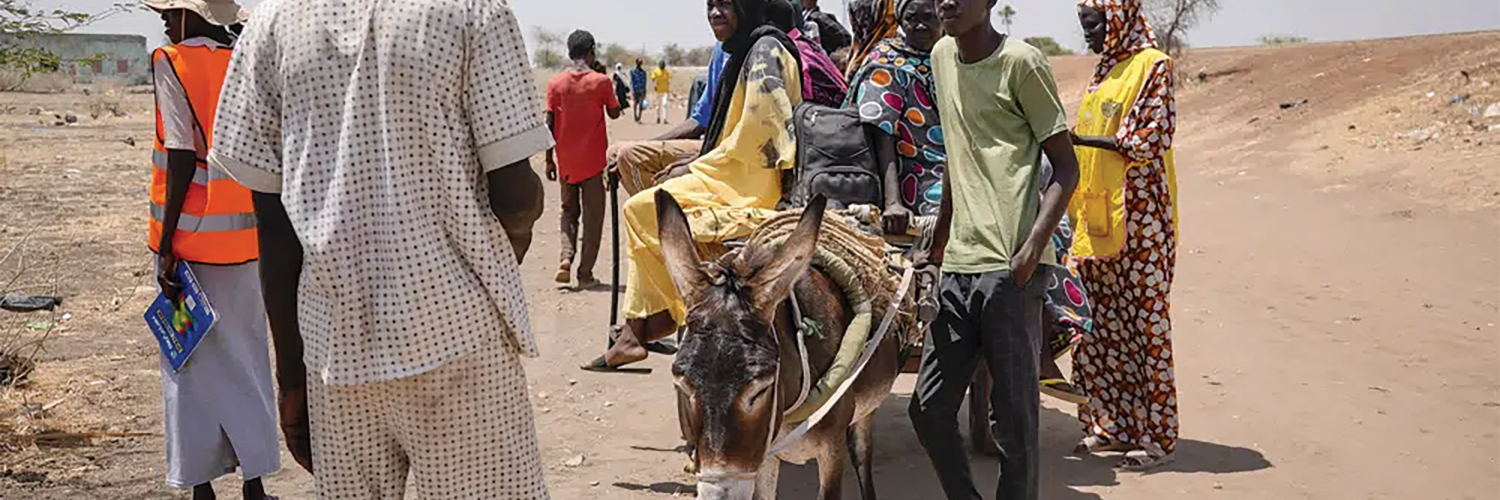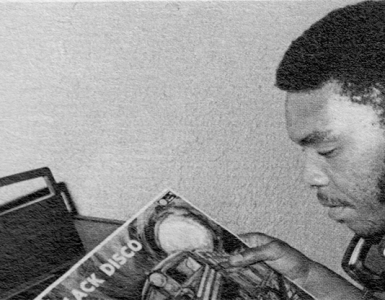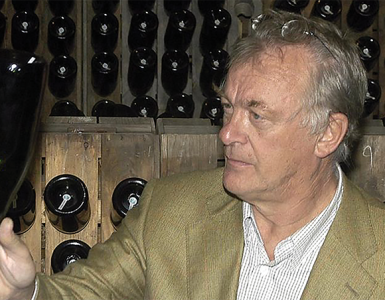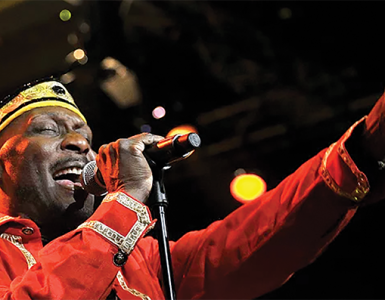TOLL: UNICEF has called for better protection for Sudan’s children trapped in ‘unrelenting nightmare’…
By Jack Jeffery
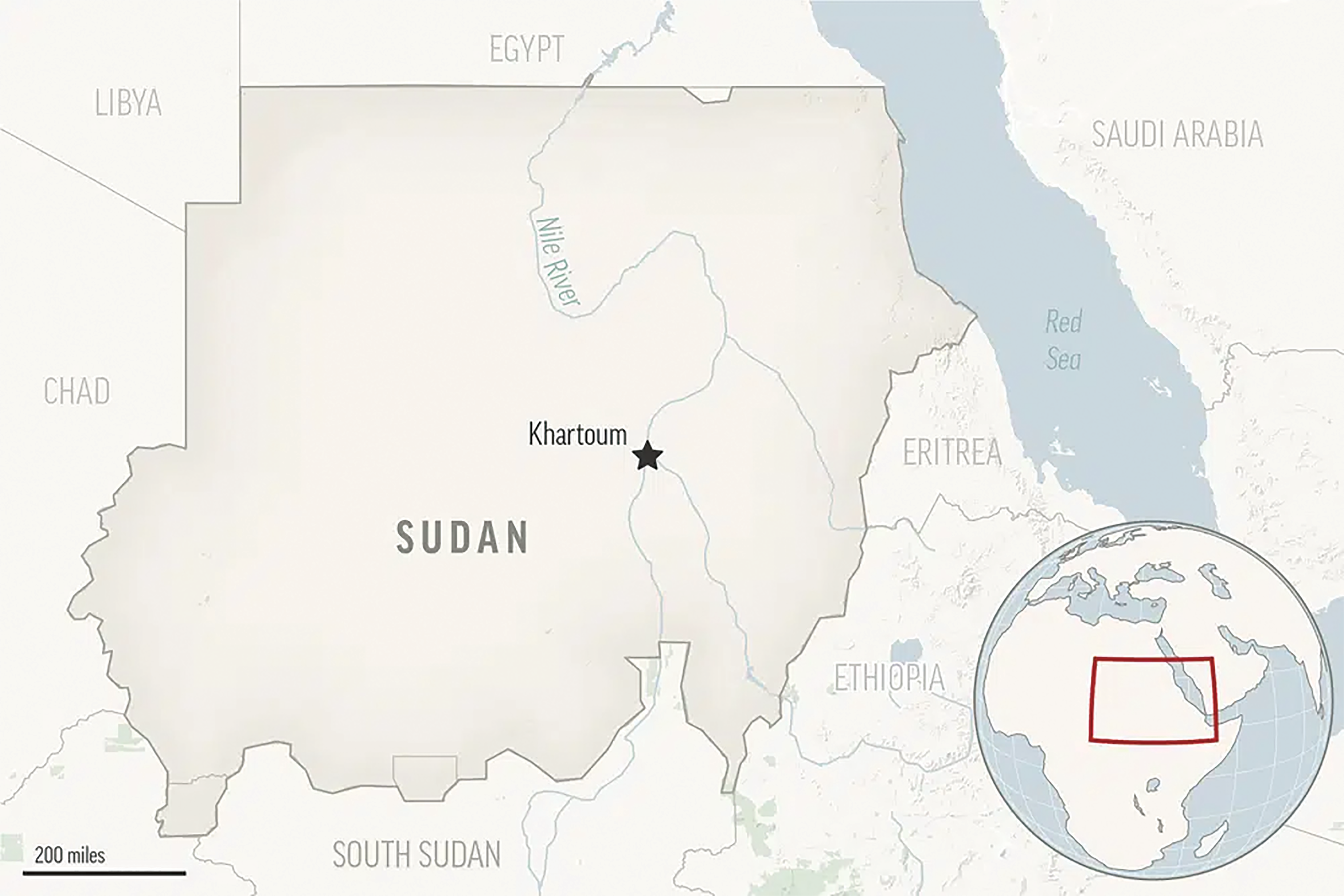
CAIRO (AP) — The conflict in Sudan has killed over 330 children and left 13 million more in dire need of humanitarian assistance, UNICEF said today, calling on the country’s warring factions to better protect vulnerable young people.
For two months, Sudan’s military, led by General Abdel Fattah Burhan, and the paramilitary Rapid Support Forces, commanded by General Mohamed Hamden Dagalo, have been locked in a deadly power struggle. The fighting has killed more than 958 civilians, according to Sudan’s Doctors’ Syndicate, which only tracks civilian casualties. The true death toll is likely much higher.
“Children are trapped in an unrelenting nightmare, bearing the heaviest burden of a violent crisis they had no hand in creating – caught in the crossfire, injured, abused, displaced and subjected to disease and malnutrition,” said Mandeep O’Brien, UNICEF’s Representative in Sudan, in a report issued Friday.
UN steps up criticism of IMF and World Bank, the other pillars of the post-World War II global order. Biden returns to Philadelphia to rally with union workers in first big event of his 2024 campaign According to the United Nations’ latest figures, the eight weeks of fighting have displaced more than 2 million people across the country, with lawlessness and ethnic violence intensifying across the Darfur region. It wasn’t immediately clear how UNICEF accounted for the 13 million children. There are roughly 21 million children in Sudan, which had a population of over 45 million before the conflict broke out.
Last week, the International Committee of the Red Cross rescued 297 children from an orphanage in Khartoum. The operation came after 71 children had died from hunger and illness in the facility since mid-April.
In West Darfur province, “at least 14,836 children under five are expected to be severely malnourished,” UNICEF said. For weeks, the restive province has been under a near-complete communications blackout.
Khamis Abdalla Abkar, the governor of West Darfur, was abducted and killed on Wednesday hours after he accused the RSF and allied Arab militias of attacking local communities across the province’s capital, Genena. Abkar made the accusation during a telephone interview with the Saudi-owned television station, Al-Hadath.
Later Wednesday, video footage circulating on social media showed a group of armed men, some wearing RSF uniforms, detaining Abkar. Shortly after, new footage — too graphic to broadcast — purportedly showed Abkar laying on the ground motionless with wounds in his neck and face.
On Thursday, Sudan’s Military and United Nations Integrated Transition Assistance Mission, or UNITAMS, blamed the RSF and affiliated Arab militias for the killing.
“Compelling eyewitness accounts attribute this act to Arab militias and the Rapid Support Forces,” UNITAMS said in a short statement.
The RSF denied any involvement in the murder, instead blaming “outlaws” for killing Abkar. The paramilitary accused the military and its intelligence service of fueling tribal conflict, in a post on its social media page on Thursday.
In the early 2000s, African tribes in Darfur that had long complained of discrimination rebelled against Khartoum’s Islamist government, which responded with a military campaign that the International Criminal Court later said amounted to genocide. The state-backed Arab militias, known as the Janjaweed, were accused of widespread killings, rapes and other atrocities. The Janjaweed later folded into the RSF.
UNICEF said it needed $838 million to address the crisis. Meanwhile AP reports that the conflict in Sudan has displaced more than 2 million people, quoting the United Nations on Wednesday, as a UN official warned that escalating attacks in Darfur city could amount to “crimes against humanity.”
Sudan has plunged into chaos since mid-April when months-long tensions between the military and its rival, the paramilitary Rapid Support Forces, exploded into open fighting in the capital, Khartoum, and elsewhere across the north-eastern African nation.
The fighting continued unabated Wednesday in parts of the capital and the western region of Darfur, both have seen some of the worst battles. At least 959 civilians have been killed and about 4,750 others were wounded as of June 12, according to Sudan’s Doctors Syndicate, which tracks civilian casualties.
The brutal clashes have forced more than 1.6 million people to leave their homes for safer areas inside Sudan, according to the International Organization for Migration. About 530,000 others fled to the neighbouring countries of Egypt, South Sudan, Chad, Ethiopia, the Central African Republic, and Libya, the agency said.
The medical group said the toll could be much higher, given it was unable to take into account those who were killed or wounded in the ongoing clashes in Genena, the provincial capital of West Darfur. The city’s hospitals have been out of service since the fighting erupted there in April, the group said.
All of Sudan’s 18 provinces experienced displacement, with Khartoum at the top of the list with around 65% of the total number of displaced people, followed by West Darfur with over 17%, according to the IOM’s Displacement Tracking Matrix.
In Genena, the provincial capital of West Darfur, the RSF and allied Arab militias rampaged through the city over the past week, killing and wounding hundreds of people, according to local activists and UN officials.
Activists and residents in Genena reported dozens of women were sexually attacked inside their homes and while trying to flee the fighting. Almost all rape cases were blamed on the RSF, which didn’t respond to repeated requests for comment.
Khamis Abdalla Abkar, the provincial governor of West Darfur province, accused the RSF and allied militias of attacking local communities across Genena. In a phone interview on Wednesday with Saudi-owned television station, Al-Hadath, he urged the international community to intervene to protect civilians in his province.
Hours after his interview with the television station, Abkar was abducted and killed, said Mini Arko Minawi, the governor of the Darfur region. The circumstances of Abkar’s abduction and killing were not immediately clear.
A video footage circulating on social media late Wednesday showed a group of armed men, some wearing RSF uniforms, detaining Abkar. Another night footage — too graphic to broadcast — purportedly showed Abkar laying on the ground with wounds in his neck and face. Sounds of gunfire were heard as well as people shouting in Arabic, “This is the governor,” and “God is great.”
Volker Perthes, the U.N envoy in Sudan, said Tuesday the fighting in Genena has taken “an ethnic dimension,” with Arab militias and armed men in RSF uniforms showing “an emerging pattern of large-scale targeted attacks against civilians based on their ethnic identities.” Such attacks, “if verified, could amount to crimes against humanity,” he warned.
Alice Wairimu Nderitu, the U.N. special adviser on the prevention of genocide, also condemned “the shocking violence” in Genena. She warned in a statement Tuesday that such fighting could turn into “renewed campaigns of rape, murder, and ethnic cleansing amounting to atrocity crimes.”
Darfur had been the scene of genocidal war in the early 2000s, when ethnic Africans rebelled, accusing the Arab-dominated government in Khartoum of discrimination. Former dictator Omar al-Bashir’s government was accused of retaliating by arming local nomadic Arab tribes, known as Janjaweed, who targeted civilians.
The Janjaweed later evolved into the RSF.
Published on the 103rd Edition

